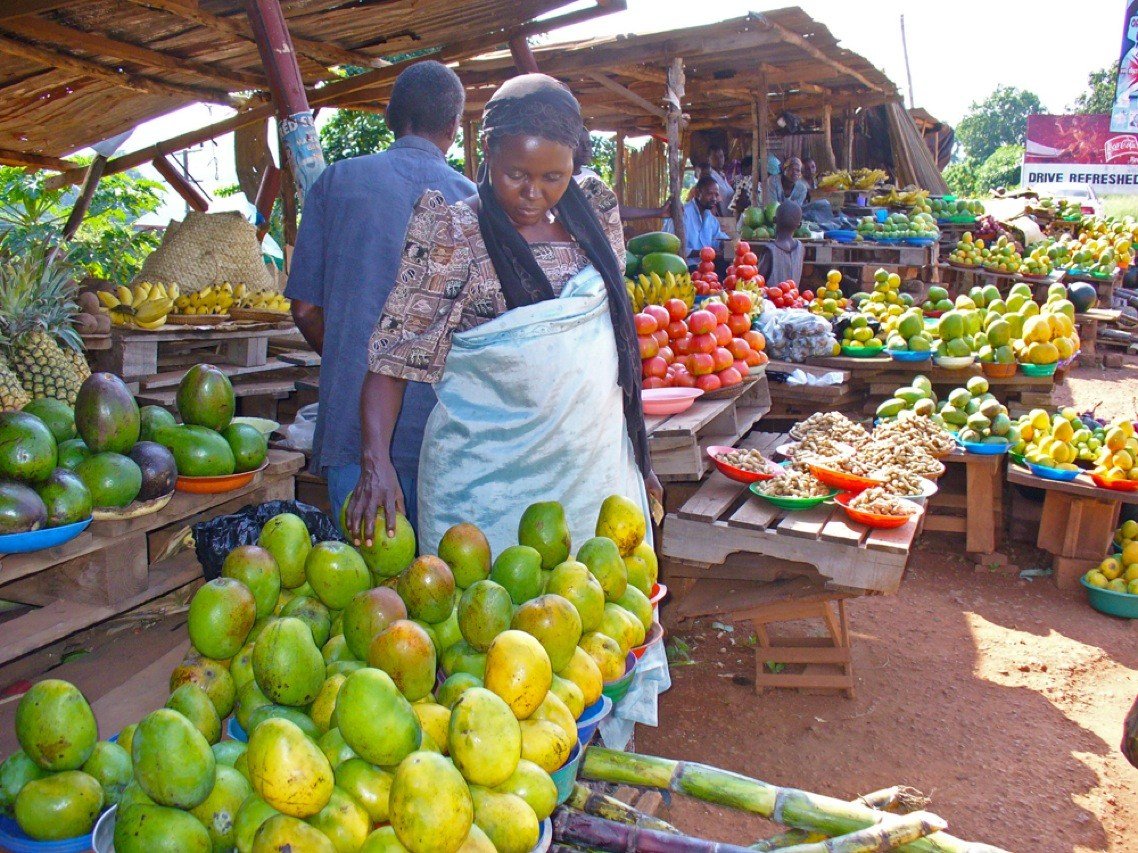
This Is How Solar Refrigerators And Other Thoughtful Innovations Are Helping Kenya Mangoes’ Farmers
11 April 2017 4:58 AM GMT
As the temperature is going extreme all around the world, Kenya fruit farmers are bearing the brunt of the climate change and heat. The state Department of Agriculture estimates that 30-50 percent of harvested fruit in Kenya goes to waste due to poor post-harvest handling. But now farmers in Nziu (located in Makueni county of Eastern Kenya) are benefiting from two innovations: solar-powered cold storage, and biological pest control that helps them protect their harvest against the effects of climate change. The quality of the fruit is a big concern to farmers as they hope to sell the produce in the lucrative export market.
The solar-powered cold storage, the first of its kind in Kenya, was built in 2015 by the Rockefeller foundation and Technoserve, a nongovernmental organisation, under the YieldWise program. The program is an initiative aimed at cutting post-harvest losses among local mango farmers. The storage is fitted with four solar panels, an inverter and a car battery which enables it to store power to keep running during the night hours. Makueni county is semi-arid and hot especially during the mango harvesting season in January and February, but the cold storage room can reduce the temperature from 35 degrees Celsius to as low as 17 degrees, which slows the ripening of the mangoes by several days. It can store up to 3.4 tonnes of mangoes. As lower temperatures slow the ripening of the mangoes, the refrigerator can preserve them for up to seven days longer than regular conditions. It gives sellers additional time to find buyers in domestic or international markets.
 Image Courtesy: farmerstrend
Image Courtesy: farmerstrend
Another thoughtful innovation: Organic pest control
Mango growers have to not only deal with the heat, but also with pests that can ruin their crops. Bactrocera dorsalis, a species of fruit fly originating in Asia, has become a huge problem in Africa as a result of the warming effects of climate change. The flies are a menace to many mango growers in the region, destroying more than 60 percent of farm fruits and leading to an annual loss of up to $2 billion to farmers across the continent, as per the report by Reuters. Musomba, a farmer who has 2 acres (0.8 hectares) of mango trees, uses several biological control measures to control the flies. “In the past, we sprayed chemical pesticides to control the flies, but buyers turned down our produce due to high chemical residues. But since we switched to organic farming, traders are now trooping around here for our fruits,” he said.
Ivan Rwomushana, who leads the fruit fly integrated pest management program at the International Centre of Insect Physiology and Entomology (ICIPE) in Nairobi, specified that Countries like the United States ban horticultural produce from African countries where invasions of the B. dorsalis fruit fly have been reported. Rwomushana says ICIPE is training farmers in several biological methods to control fruit flies, including pheromone traps to capture and kill male fruit flies, and parasitic wasps. Sunday Ekesi, interim director of research and partnership at ICIPE, said the organisation is also developing a treatment that involves immersing mangoes in warm water for 45 minutes to kill any fruit flies on the fruit surface.
“With the organic control interventions in addition to the cold storage facility, I now harvest and sell 250 tonnes of mango fruits in a year,” Musomba said. The produce is more than twice the 100 tonnes the farmer harvested two years ago when these tools were not available. Musomba says that the farmers in the collective who use the cold storage facility can sell their mangoes for 20 Kenyan shillings ($0.20) a kilo, far more than the 2 shillings per mango that they used to get when selling hastily to brokers before the fruit could rot.
An another quite simple and thoughtful innovation is also helping the farmers to ensure efficient first step of harvesting. They use a pole with a net tied at the top. The succulent green mangoes drop inside a net which prevents them from falling on the ground and being damaged.
 All section
All section













